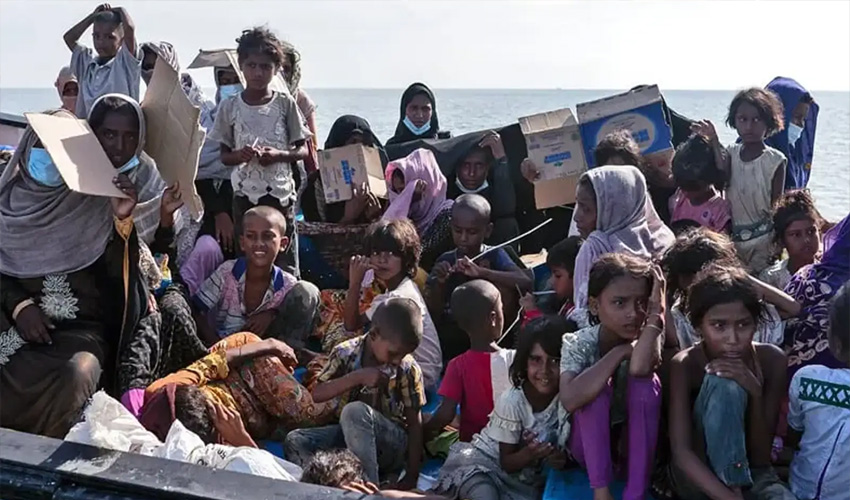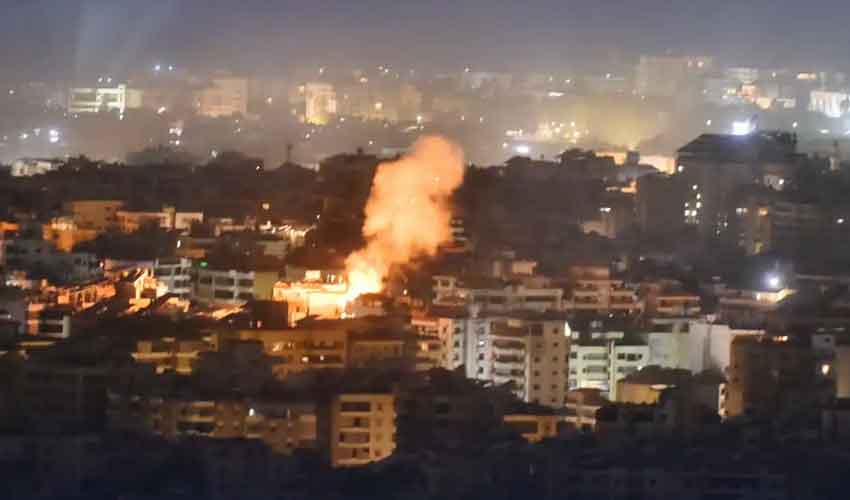In one of the deadliest attacks on civilians in recent weeks, over 200 people, including women and children, were killed on Monday in a drone strike targeting Rohingya refugees attempting to cross into Bangladesh.
The attack has left survivors in shock as they sift through the charred remains of their relatives and assess the extent of the devastation.
Witnesses, activists, and a diplomat have described harrowing scenes from the attack, which struck families waiting on the Myanmar side of the border. Among the victims were a heavily pregnant woman and her two-year-old daughter, adding a grim dimension to the assault.
This strike represents the most lethal known incident involving civilians in Rakhine State amidst ongoing conflicts between the Myanmar military and local rebels.
Three witnesses told Reuters that the Arakan Army, a rebel militia, was responsible for the drone strike. However, the Arakan Army has denied the allegations, and the Myanmar military has accused the group, while the militia blames the junta. The precise number of casualties and the exact party responsible for the attack remain unverified.
Eyewitness Accounts:
-
Mohammed Eleyas, 35, described how his pregnant wife and young daughter were critically injured during the attack. Eleyas, who was at the shoreline with his family, witnessed the drones targeting the crowd and reported that many of his relatives perished. "I heard the deafening sound of shelling multiple times," he recounted. "When I looked up, my wife and daughter were critically injured, and many others were dead."
-
Shamsuddin, 28, also survived the assault with his wife and newborn son. He recounted the chaos following the attack, noting that many were dead or severely injured. “Some people were shouting out from the pain of their injuries,” he said.
: Boats carrying Rohingya refugees across the Naf River, which separates Myanmar and Bangladesh, also sank on Monday. Reports indicate that dozens more drowned, exacerbating the tragedy. Médecins Sans Frontières (MSF) reported treating 39 individuals who had crossed into Bangladesh with injuries from the violence, including mortar shell and gunshot wounds. The aid organization noted that patients described seeing people being bombed while trying to board boats.
The United Nations High Commissioner for Refugees (UNHCR) confirmed awareness of the deaths from the boat capsizes and received reports of civilian casualties in Maungdaw. However, the agency has yet to verify the exact numbers and circumstances.
Context of conflict
The Rohingya, a Muslim minority, have faced severe persecution in Myanmar, with over 730,000 fleeing the country in 2017 following a military-led crackdown deemed genocidal by the UN. The region has been in turmoil since the military coup in 2021, which led to widespread armed conflict and mass protests.
In recent weeks, the Arakan Army has made significant advances in Rakhine State, which has seen further violence and displacement. The group had previously been accused of burning down the largest Rohingya town in May, leaving Maungdaw as one of the last major settlements for the Rohingya.
International reaction
The international community has condemned the recent attacks. Bob Rae, Canada’s ambassador to the United Nations, confirmed the reports, stating on X, “These reports of hundreds of Rohingya killed at the Bangladesh/Myanmar border are, I’m sorry to say, accurate.”
Myanmar’s junta has blamed the Arakan Army for the drone strike, while the militia has denied responsibility, alleging that the junta targeted Rohingya fleeing without permission. The situation remains dire, with ongoing violence and displacement complicating efforts to provide aid and security to the affected populations.


























